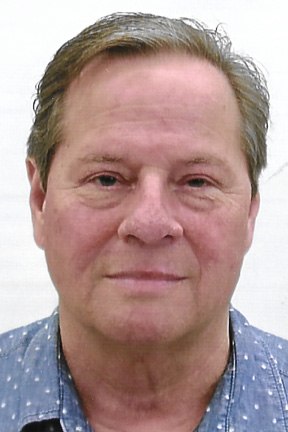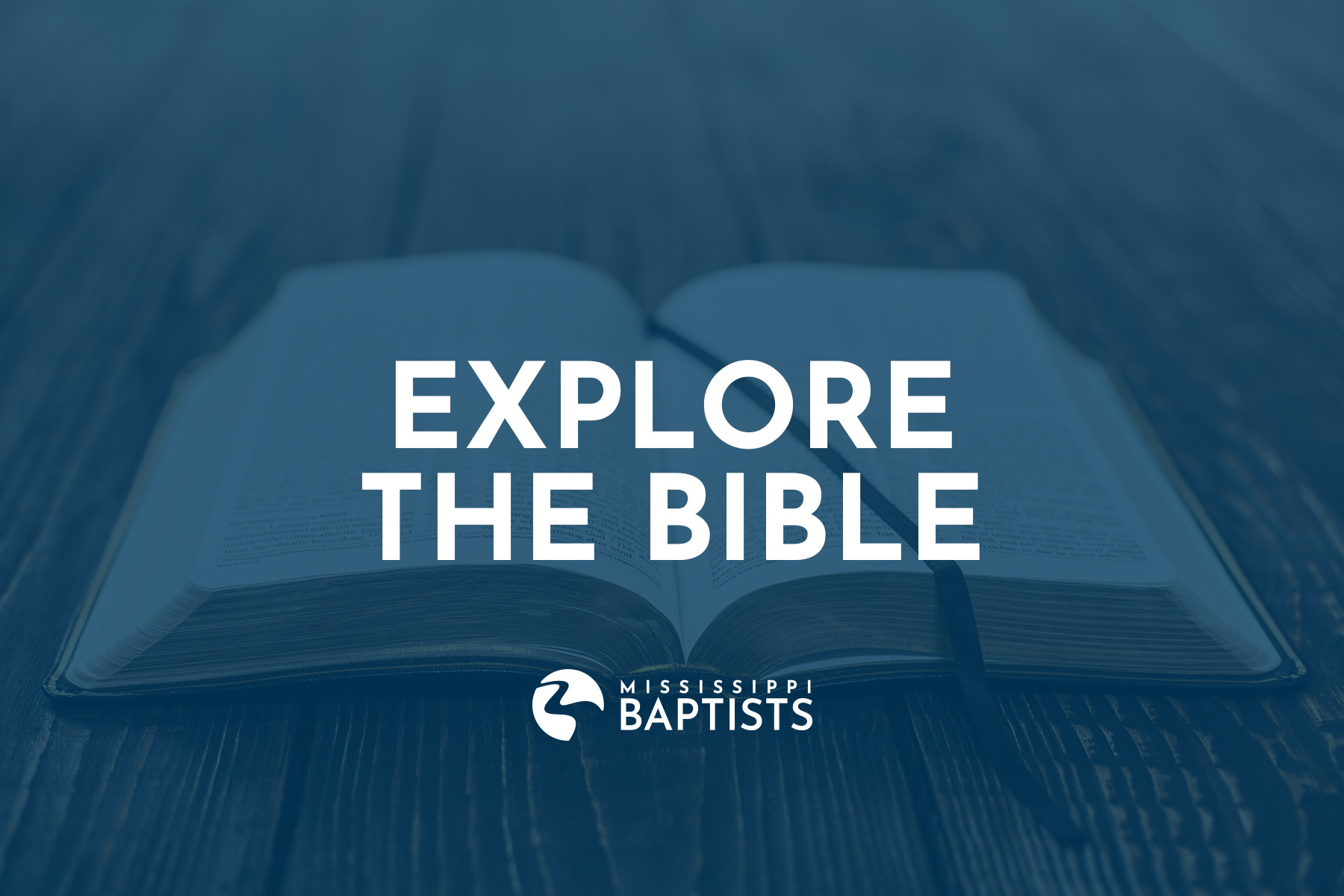Remember • Deuteronomy 4:1-9,15-20
By Ralph Henson

When I first read today’s lesson, I noticed that the first passage instructs us what to do and what not to do; the second passage teaches us what to know and understand; while the third passage warns us about how to worship and just as importantly, how not to worship. Let’s explore those three ideas as they relate to the New Testament.
1. What we should do. Deuteronomy 4:1 tells us to do the statutes and the judgments. From the words of Jesus we discover that our relationships with God are not as much dependent upon what we say or how we appear, but on what we do. Not every one that saith unto me, Lord, Lord, shall enter into the kingdom of heaven; but he that doeth the will of my Father which is in heaven (Matthew 7:21 KJV).
The Israelites were warned here not to add to or to subtract from God’s Word. Jesus came to fulfill every part of the Law. He is the fulfillment. Only complete obedience to Him indicates a Godly relationship. Limiting or adding to God’s Word reveals rebellion, which is a form of idolatry.
What we do reflects whose we are. Paul said to present your bodies a living sacrifice, holy, acceptable unto God, which is your reasonable service (Romans 12:1 KJV).
2. What we know. Moses told the Israelites God’s statutes are our wisdom and understanding. We learn from God how to live, and how to bless others with God’s truth. What we think will determine how we act. Instruction from God’s Word will provide direction for Godly living.
When Jesus was asked the greatest commandment, He replied from Deuteronomy, Thou shalt love the Lord thy God with all thy heart, and with all thy soul, and with all thy mind (Matthew 22:37 KJV). The soul, that knowing part, must begin with knowing God through Jesus.
What we know reflects how we live. Paul stated that we must be not conformed to this world: but be ye transformed by the renewing of your mind, that ye may prove what is that good, and acceptable, and perfect, will of God (Romans 12:2 KJV).
3. How we worship. Jesus told the woman at the well that the physicalities of worship, such as places and patterns, are of no consequence. The heart of worship comes from within our spirits, where rivers of living water will flow. God is a Spirit: and they that worship him must worship him in spirit and in truth (John 4:23–24 KJV).
According to Genesis 1:28, we are given dominion over all of creation; worshipping created things or animals amounts to rejecting God-given authority. We’re worshiping that which is beneath us, instead of above. We are his inheritance; only He is worthy of praise.
How we worship reflects who we really are. Paul directs us to worship God physically and spiritually. Know ye not that your body is the temple of the Holy Ghost which is in you, which ye have of God, and ye are not your own? For ye are bought with a price: therefore glorify God in your body, and in your spirit, which are God’s (1 Corinthians 6:19–20 KJV).
Finally
Jesus promised access to every part of our lives. I am the way, the truth, and the life: no man cometh unto the Father, but by me (John 14:6 KJV). Only Jesus purifies what we do, what we know, and how we worship.
The truths in Deuteronomy give us patterns of Godly behavior. Jesus quoted often from Deuteronomy (44 times); only Psalms (68) and Isaiah (55) have more quotes.
When asked about the greatest commandments, one of the scribes replied to Jesus that to love him with all the heart, and with all the understanding, and with all the soul, and with all the strength, and to love his neighbour as himself, is more than all whole burnt offerings and sacrifices (Mark 12:33 KJV). Jesus told him that he was not far from the Kingdom of God.
Paul prayed for believers that the very God of peace sanctify you wholly; and I pray God your whole spirit and soul and body be preserved blameless unto the coming of our Lord Jesus Christ (1 Thessalonians 5:23 KJV). That is what we do, what we know, and how we relate to God.
Henson is pastor of Mt. View Church, Meridian.




